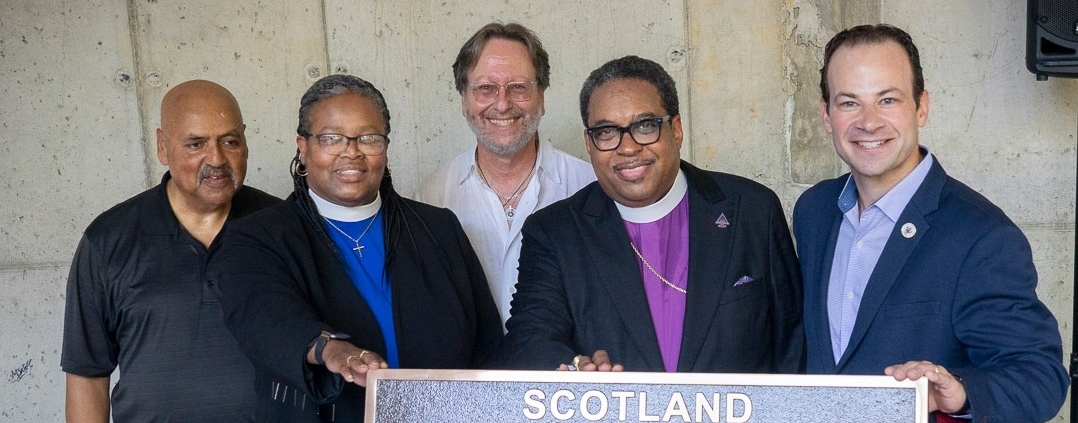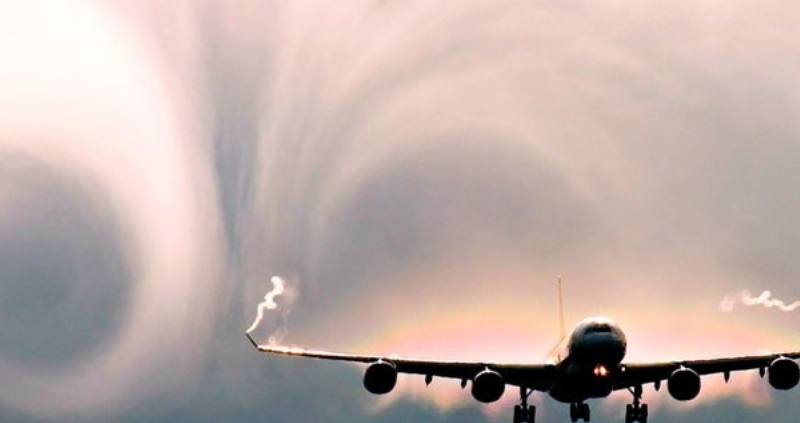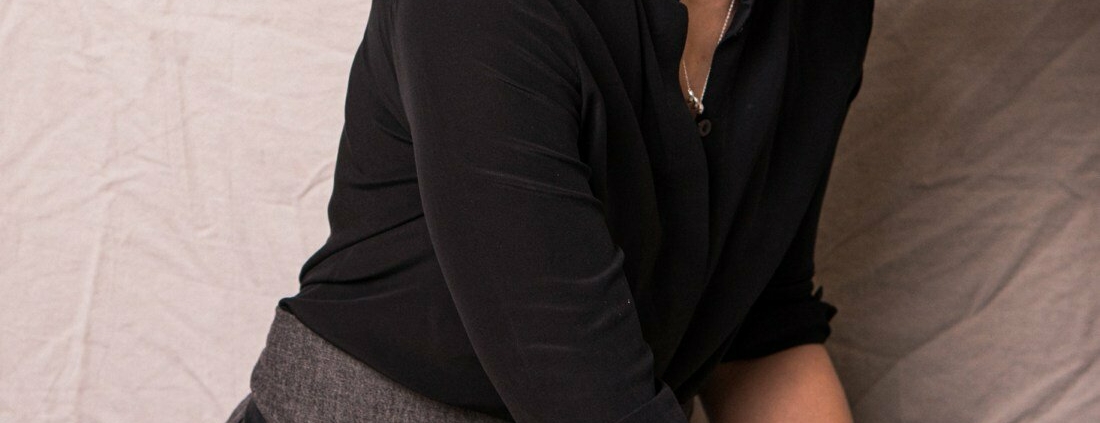Working Together Works
Rabbi Evan J. Krame, March 9, 2025
There is a story of a young child working in the field of a family farm with their father, moving stones to clear the land for planting. The child attempts to move a stone far too heavy for even a single adult. The father asks, “Are you strong enough to move that stone?” The child hesitates, uncertain. Then the father asks, “Are you strong enough to ask for help so that we can move the stone together?”
The problems of this world are like great stones. No one can move them alone. But together, we can clear the land, making it fertile and fine.
Every day we can take part in holy work. God created the world in six days, but people have damaged this sacred earth. Our task is to create a better world.
And the most fundamental lesson of creation is this: we are all of God’s making. Every person, regardless of background or birth, is created in the image of God. No one is greater or lesser than another.
When we forget that truth—when any of us see ourselves as superior or more deserving than another—the fabric of society begins to unravel. That is when waters flood, and walls begin to buckle. That is when we find ourselves needing liberation from greediness and injustice.
Adam and Eve were sent from Eden with a divine challenge to engage in work, together. Their departure set humanity on its mission: work to improve the world.
The problems of today’s world are even more complex than in the days of Adam and Eve. Oppression, materialism, and pollution are all great stones we cannot move alone. But together, in partnership, as a covenantal community, we can work to break down those stones, to pave the way to a better future.
Americans, for too long, have focused their work on building careers. At this time, other urgent work must be done. We must address the issues of restoring what has been taken, redeeming what was lost, and creating peace where there had been strife. That work begins by activating the compassion in each of us, often dormant, sometimes distracted by careers, technology, and greed.
How does the work begin?
First, with vision. We must refuse to look away. When I drove down Seven Locks Road, I saw your sign calling to me to help save this church. I pulled over. To begin the work, we must first use vision. See the need. Envision the future. Show up to be seen.
Next, we must listen. We must hear the voices within our community and across generations. I cannot fully know the depth of pain experienced by the members of this church. But I can listen. I can hear your stories of struggle and resilience, and I can learn. And when I heard your stories, I knew I could invite you to listen to mine. That is when we began working together, in holiness—rebuilding this church, strengthening this community, and renewing our shared vision for this nation.
We must work together
The work of repair cannot fall solely on any one person’s shoulders. It is our collective obligation to show up, to struggle, and to work together. We must right wrongs, uphold justice, and walk in God’s ways. As the Jewish tradition teaches, l’taken olam b’malchut Shaddai—WE repair the world not only as if it were God’s dominion but because it is God’s dominion.
For our work to be holy, it must be inclusive. The proof is here today: your work, and the work of those who support you, have built this sacred space—a place where all are welcome, wanted, and loved.
Many people today feel isolated. But when we embrace our obligations to one another, we replace isolation with solidarity. Working together is most critical in dark times, such as these, because our work has the power to drive out the darkness. There is no place where we cannot shine God’s light. As the Prophet Isaiah taught us, when you go through deep waters, God will be with you. When you go through rivers of difficulty you will not drown. Isaiah 43:2
Who will continue this work?
Courageous people—those who do not retreat behind closed doors but greet and meet their neighbors. The courageous people who are here today, building relationships and working for justice.
Determined people—who understand, in the words of the Talmud, that the work may be more than we can complete, but neither can we desist from it.
Righteous people—who heed the words of the Prophet Micah: “Do justice, love goodness, and walk humbly with God.” Justice work is holy work.
And we will succeed. How do I know? Because the Psalmist assures us: “When you eat the fruit of the labor of your hands, you shall be happy, and it shall be well with you.” (Psalm 128:2)
Seven Locks Road is not a one-way street. It connects your history and our future.
Here, in Potomac, Maryland, we have built a legacy from our intertwined histories. And here on Seven Locks Road, we have the four Churches and three synagogues standing side by side, bearing witness to the power of faith communities working in harmony. We worship differently, but our voices rise together. God’s presence dwells not just in your house of worship or mine but anywhere we invite the Divine presence by being good neighbors and working together.
Our understanding of God’s nature will change the way we work. For those who seek a caring God, the work will benefit people with grace and kindness. For those who follow a God of harmony, our work creates neighborhoods where people can live together respectfully, gracefully, and peacefully. But as Eleanor Roosevelt said, “It isn’t enough to believe in peace, one must work at it.”
Our fates are interwoven. And our fortunes will be better as we share our values, hopes, and dreams for a just and compassionate nation. Even as you laid the foundation stone for this building, we are together laying the foundation for mutual respect, enduring trust, and deep faith—supporting the holy structures of this community. That work starts right here, in Maryland, in Potomac, on Seven Locks Road, in this church, where neighbors and friends, elders and children, gather to say: We have marched through the waters, we have crossed over the bridge, we have worked to build a better future—stronger, more beautiful than before.
We must keep our eyes, ears, and hearts open and continue the work.
There is no life without a task, no person without a talent,nno place without a fragment of God’s light waiting to be illuminated. No setting is without its potential for holiness. No moment is without its call.
It may take a lifetime—or longer—to fully embark on the work, but once we begin, we realize that all it ever took to start was the willingness to see and to listen.
As Moses saw the burning bush, as Abraham heard the Heavenly voice, so too does God call to us today. And the greatest response—the response of Moses, of Abraham, of all who hear the call—is simply in Hebrew the word hineni: Here I am. Ready to see the need. Ready to heed the call. Ready to begin the work of healing this world—together.
May the favor of the Lord, our God, be upon us; let the work of our hands prosper, Psalm 90:17
Olam chesed yivaneh, the Psalmist at Psalm 89 reminds us, that God’s steadfast love is forever. And from that place of love, we will build and rebuild this community, this country and this world. I must build this world from love, you must build this world from love, and if we build this world from love, then God will build this world from love. . . .








 Evan J. Krame was ordained as a rabbi by the
Evan J. Krame was ordained as a rabbi by the